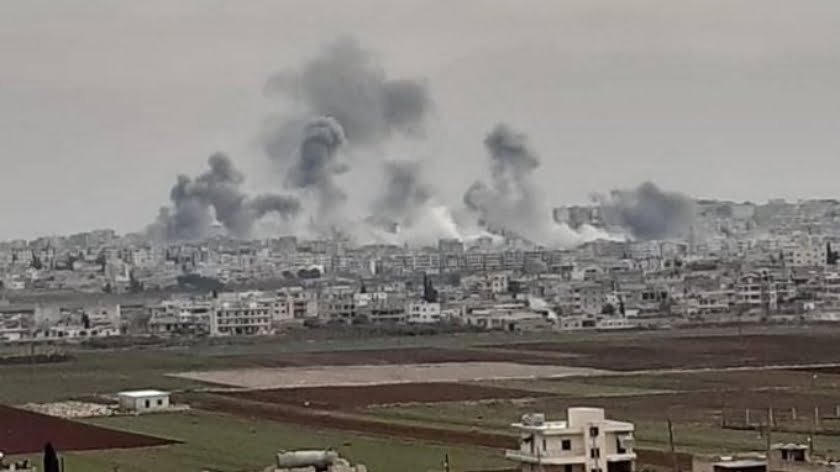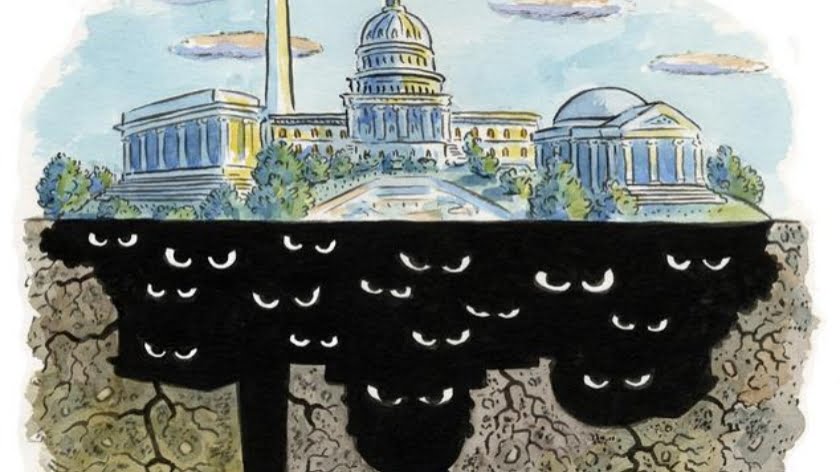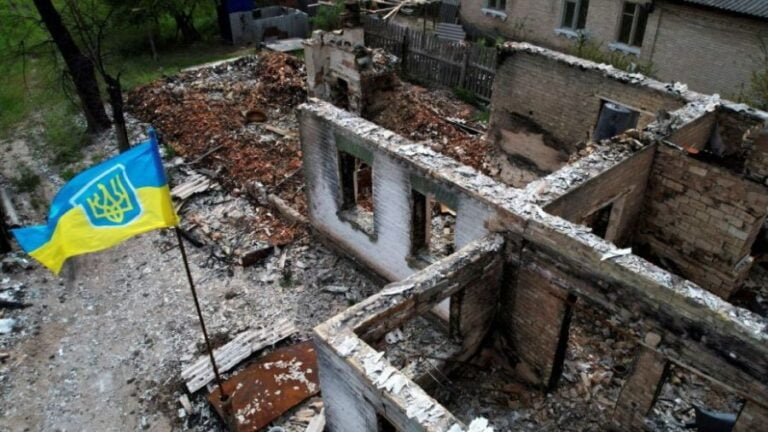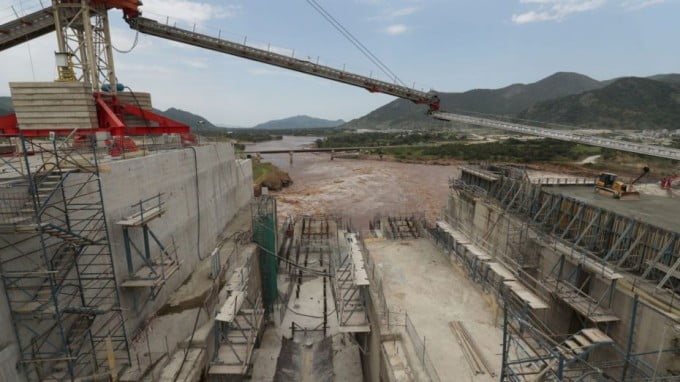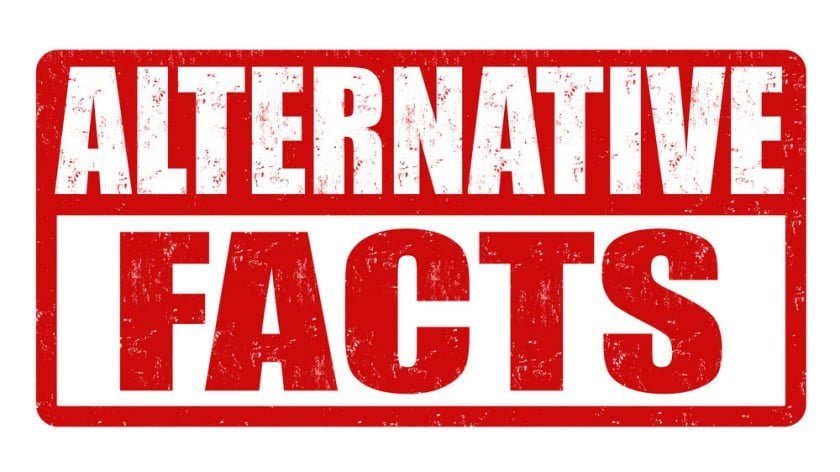Syria Imposes the Astana Deal by Force, As Turkish-Russian Tensions Rise
Since 2012 the M5 Damascus-Aleppo had been under the control of jihadist forces. The Syrian Army has now liberated the M5 Damascus-Aleppo road and over 140 cities, villages and strategic hills. Turkey and the Uzbeks, Uighurs and Hayat Tahrir al-Sham (formerly al-Nusra) failed to protect their fortified positions, abandoning them and retreating towards the area surrounding Idlib.
This is the first time the Turkish Army has been shelled by the Syrian Army. Five Turkish officers were killed at Taftanaz military airport, the base used by Turkey and its jihadists gather. Ankara was forced to send its own army onto the battlefield to compensate for the weakness of its jihadist allies on the ground.
The liberation of the 432 km of the M5 from jihadists was stipulated in the Astana agreement signed in October 2018, a stipulation which Turkey failed to honour since then. The Syrian government carried out three major advances towards the M5 since then, but this time the decision to recover it was final. This is a Syrian-Russian message to President Erdogan that time is running out for Idlib. The Turkish-Russian bras-de-fer is also reaching beyond the Syrian borders. It is also evident in Ukraine and Libya, where Turkey is seeking a major role.
The Russians are providing the Syrian Army with advanced warfare equipment and dozens of T-90s, which help the Army to continue its military offensives at night. This, along with the hundreds of Russian Air Force strikes, helped to liberate the entire area on the east side of the road and many other areas on the west side where the military operation continues. Moreover, Russia offered unparalleled military intelligence and planning support to the Syrian Army in this successful operation, as well as bombing the jihadists’ lines, and behind their retreat position as well.
What was surprising was the discovery of kilometres of underground tunnels with field hospitals, ammunition and life support goods that could have sustained a very long siege in all liberated areas on both sides of the M5 and in main cities like Saraqeb and El-Eiss. These tunnels were linked together, linking villages under the ground and some even 20 metres deep, enough to protect from air bombardment. The Jihadists were in a rush–they evacuated all these positions leaving everything behind.
Syrian Army tactics, in recent years, involve leaving a road open for jihadists to retreat before closing in. After the liberation of Aleppo, the Syrian Army avoided surrounding cities due to the propaganda benefit jihadists derive from mainstream media and foreign interventionists who do not wish to see Syria recovering and united. This is why roads were always left open for jihadists to retreat by before any final assault.
Turkey is unable to protect its jihadist allies and cannot offer them air support. Russia is in control of Syrian air space and Damascus warned Turkey it would down any of Turkish jets that violate Syrian airspace.
It is a new strategic turn in the Syrian war that Maarrat al-Nu’man, Khan Touman, Saraqeb, Tel el-Eiss, Rashedeen 4&5 are now liberated. It is an indication that Turkey will find it hard to protect its jihadists in the long run. The stability of Syria requires the liberation of its entire territory. Syrian stability is in the interest of Russia and its national security objectives. Russia walked into the Levant to stop the war. Its credibility is on the line. It has a large naval base offering unique access to the Mediterranean. It is also in the interests of Russia to eliminate al-Qaeda and all groups adhering to their takfiri ideology, notwithstanding their different priorities and names. The Uzbeks and Uighur jihadists in the Levant have no place to go and are expected to fight to the last man.
Turkey is showing its teeth to Russia by refusing to recognise Russian sovereignty of Crimea and offering 33$ billion to Ukraine in arms. Turkey is aiming for a more effective and recognised role in Libya where the central government is officially requesting Ankara’s support. However, the situation in Syria is different. Turkey knows its presence in Syria cannot last for long, and that the liberation of Idlib, even if it is not on the agenda today, will happen soon. It is only a question of time.
The US occupation forces have cornered themselves in a limited area in north-east Syria where they can steal Syrian oil, as President Donald Trump announced. This limited US presence is not a priority for the Syrian army. Idlib will be liberated first, and then Afrin. This is why Turkey is trying to reinforce and stabilise its influence in Syria. Four meetings took place between the Syrian intelligence officials and their Turkish counterparts at the highest level to discuss new agreements. Turkey wants to modify its 1998 Adana agreement with Syria, governing Turkish military pursuit of the PKK into Syrian territory.
Russia and Iran are playing an important role in easing Turkish-Syrian tensions, but the bottom line is full Turkish withdrawal from Syria.
Turkey has bought the S-400 from Russia and the Turkstream pipeline was officially launched last month to reduce Russian shipments via Ukraine. On the other hand, Turkey is also a NATO ally with a powerful US military base on its borders. Turkey will find it hard to strike a balance between the two superpowers and at the same time protect its jihadists in Syria. The time for Turkey to weigh up its options is near.
By Elijah J. Magnier
Source: Elijah J. Magnier

